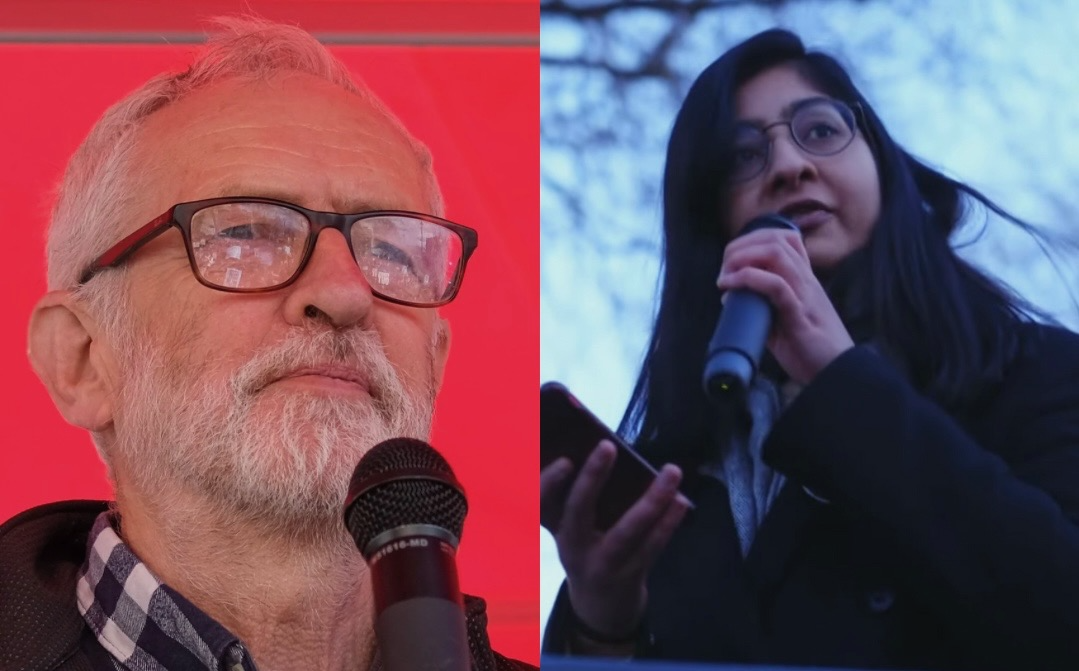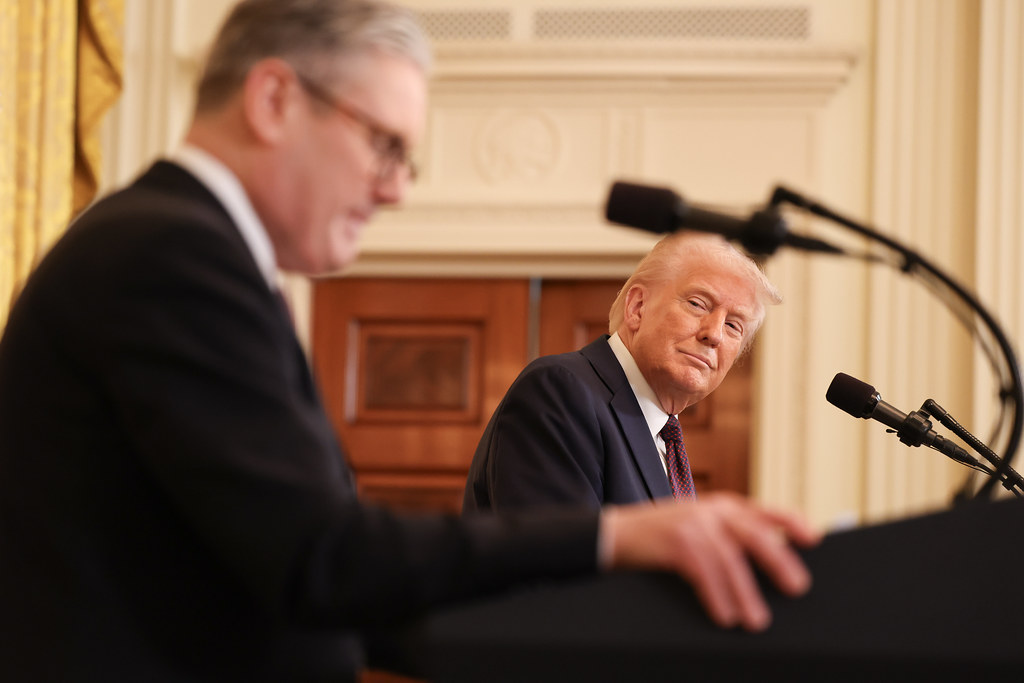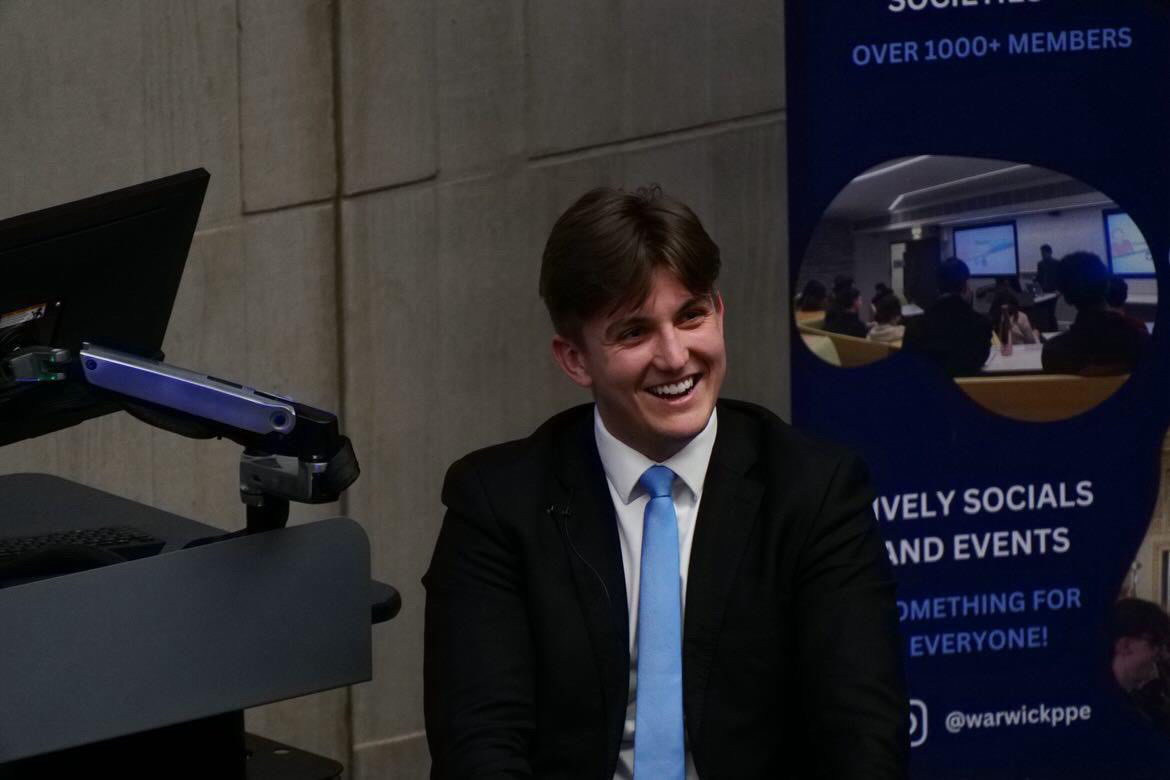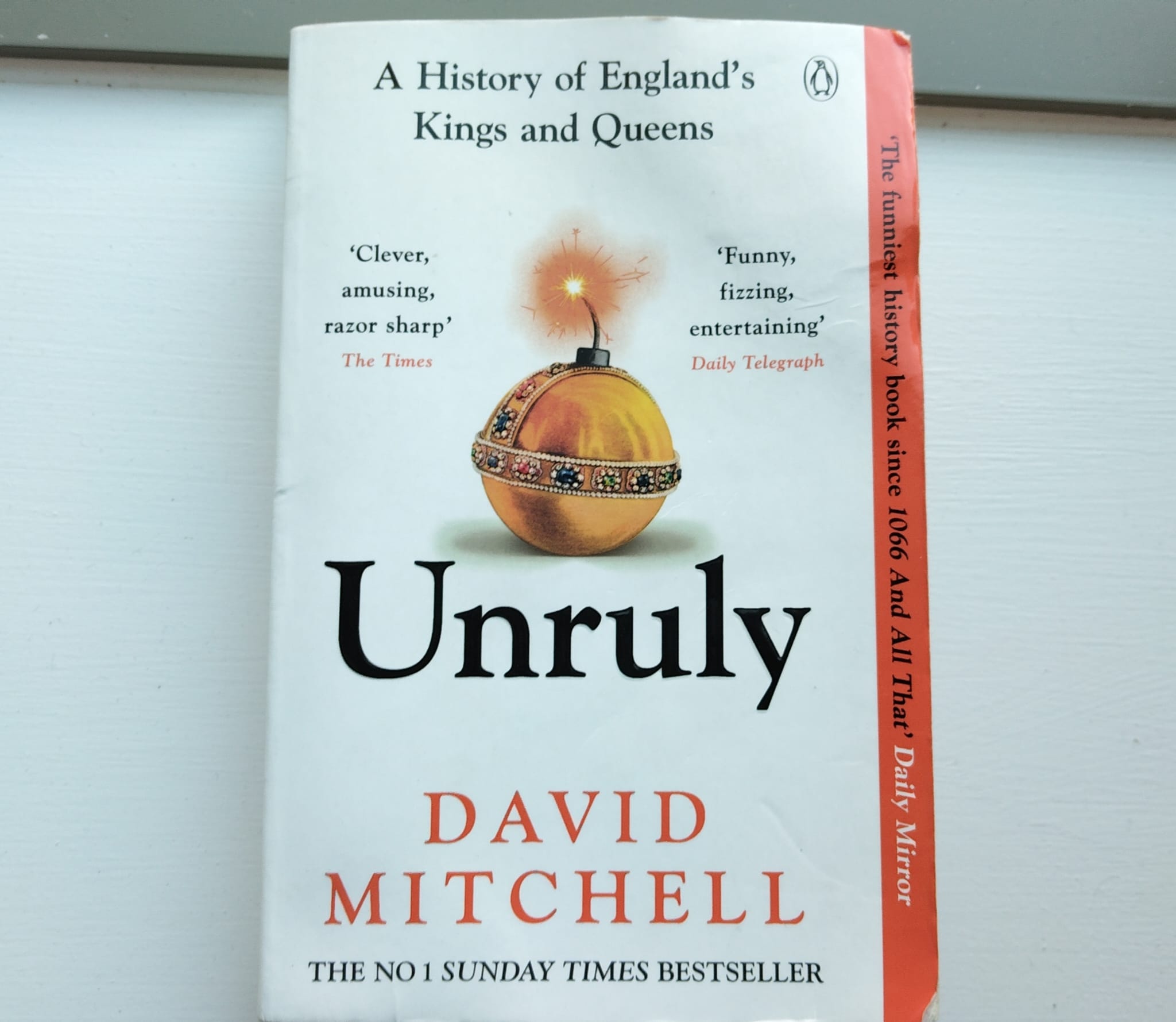
Pictured: Jeremy Corbyn (Wikimedia Commons) and Zarah Sultana (Wikimedia Commons) [Edited]
For many, the news of the formation of a new left-wing party led by a former Labour leader and a former Labour MP was a source of hope, something rare in the current political landscape.
It sought to turn the current loose grouping of Independent Alliance MPs into a genuine political force with a strong grassroots backing. Against the backdrop of a Labour Party in government placating the right and cracking down on the left, and the looming shadow of a potential Reform electoral victory, a dynamic new party that fought for real change had endless potential.
On the 18th of September, individuals who had expressed interest in getting involved with Zarah Sultana and Jeremy Corbyn’s Your Party received an email formally inviting them to purchase memberships. In what quickly became telling of the situation unfolding behind the scenes, the launch only featured on Sultana’s social media, and the membership portal was hosted on a different domain to the party’s main website.
For context, Karie Murphy and Pamela Fitzpatrick controlled the mailing list for Your Party, which essentially provided them control over direct communication with potential members. Murphy was Corbyn’s Chief of Staff when he was Leader of the Labour Party, and Fitzpatrick is a director of the Peace and Justice Project alongside Corbyn. They both now direct an organisation called ‘Collective’ that is involved in Your Party, supporting Corbyn and pushing for a mass-membership model focused on the grassroots.
It is with this context that we can start to understand why this dispute happened in the first place. Sultana and her team should have had to work with Murphy and Fitzpatrick in order to launch the membership portal, but their control over the mailing list was circumvented and the process began without their knowledge, representing not just a breach of their agreement but an attempted out-manoeuvring of Corbyn and his factional allies.
Sultana and her team had acted because they were hearing rumours that the membership system being planned would send fees directly to the Peace and Justice Project, effectively handing Corbyn and his allies total control. They feared that getting ahead of the rest of the party and launching their own membership system was the only way to avoid being completely sidelined and excluded from the formative process, but in doing so trust between Corbyn and Sultana was irreparably damaged.
Within hours, Corbyn and the other four Independent Alliance MPs released a statement calling the launch “unauthorised” and imploring supporters to cancel payments. They also stated that they were seeking legal advice on the nature of the launch, and a separate statement on the Your Party X account claimed that the matter had been referred to the Information Commissioner’s Office due to the unclear accessing of sensitive data.
If this public spat giving the impression that purchasing a membership to this new party was a scam or in any way illegitimate was not enough for the sceptics, Sultana subsequently released a counter-statement condemning the way the party had been organising behind the scenes as a “sexist boys’ club”, and in a further statement revealed that she is consulting with defamation lawyers after being sidelined by the other MPs involved in the party.
In what could quite possibly be a record for the UK left-wing, Your Party had fallen victim to factional disputes and personal disagreements before they had even decided on a name. To pretend that this is anything except the worst case scenario is delusional. The two co-leaders have made it very clear throughout this saga that they cannot work together, and if anything may be better at working against each other.
The promise of an open party that welcomes the input of its members has been decimated by the simple fact that there are people involved in its formation who are more concerned with their control over the process than the process itself. They have given the impression to potential members that they would rather rule over the ashes of the movement than aspire to anything higher, to anything of any worth.
I believe it to be unrealistic now to say that Your Party will be the vehicle for the left that most of us believed it to be. Too much goodwill has been burned, and too much background backstabbing has become not only public knowledge but the centre of conversation surrounding the party itself. In order to capitalise on the momentum from the announcement of this new party, which was already dying off from how long it took for anything concrete to actually emerge, a coordinated and organised strategy was required, which now seems to be beyond the capabilities of anyone involved.
The real sting of this situation isn’t just the fact that the left has once again shown to the wider political world that it is borderline incapable of organising itself into anything except a book club, it is the fact that this implosion has happened with the far-right in ascendancy. Nigel Farage’s Reform are on course to win the next election outright. Not a coalition, not a minority government, they are predicted to win power. With this threat looming, and the lives of so many at serious risk, a united front is the only possible way forward.
The question moving forward is the most pertinent one the left has faced in years: is there anything to be salvaged from the wreckage of Your Party? Two of the most prominent left-wing figures in recent British history may have torpedoed their chances of building a real national movement, but that does not erase the swathe of local chapters that have come together in the name of real change. There is an appetite for the kind of politics that Your Party promised.
With the reinvigorated Green Party, led by Zack Polanski, adopting the kind of left-wing populism that many Your Party supporters wanted it to embrace, it is difficult to see where the organisation can reinsert itself into the political landscape, if it does live long enough to see its founding conference.
For now, we cannot let our disappointment interfere with our commitment to our work in local communities and at a national level. If we want to avoid Farage entering Number 10, we have to keep fighting, unburdened by what came before.






